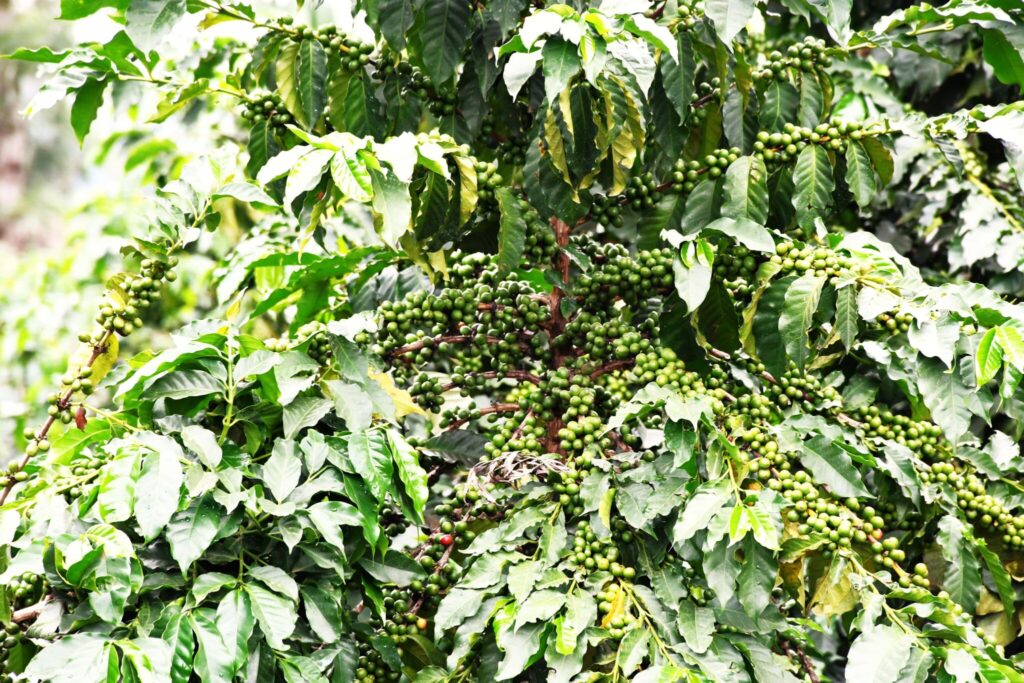Kenya’s coffee industry is experiencing a major transformation as the government rolls out comprehensive reforms to revive one of the country’s most iconic cash crops. Once celebrated globally for its superior quality, Kenya’s coffee sector has struggled with declining production and low farmer earnings. The latest initiatives under the Coffee Revitalization Program aim to restore the crop’s profitability and global competitiveness.
At the heart of the reforms is the goal to boost exports from 50,000 to 150,000 metric tonnes annually. With over 160 million coffee bushes across the country, officials believe the target is achievable by improving productivity. Farmers currently produce an average of two kilos per bush, but with improved practices and quality inputs, yields could triple.
The government is addressing key challenges affecting growers, including access to quality seedlings and affordable financing. A KSh 500 million program will produce 20 million tissue culture coffee seedlings annually through partnerships with universities and the Coffee Research Institute. This effort will ensure a steady supply of high-quality planting materials while extending coffee growing to new counties such as Marsabit, Narok, Nyandarua, and parts of the Rift Valley.
Through the Coffee Cherry Fund managed by the New Kenya Planters Cooperative Union (KPCU), farmers can access KSh 40 per kilo at delivery, backed by the coffee they supply. The revival of extension services and deployment of trained youth in coffee-growing wards are further enhancing farmer knowledge and productivity.
Financial institutions such as the Commodities Fund are also playing a crucial role by offering low-interest loans—below 10%, with women farmers paying as little as 3%. The Fund is implementing a Direct Settlement System (DSS) that ensures prompt payments and minimizes loan defaults. It is also digitizing cooperative records to improve transparency and speed up access to credit.
The reforms include new governance structures that limit cooperative officials’ terms, promote accountability, and strengthen institutions overseeing the coffee industry. With sustained government support, digital transformation, and farmer empowerment, Kenya’s coffee sector is poised for a strong comeback, positioning the nation to reclaim its place among the world’s leading coffee producers.

